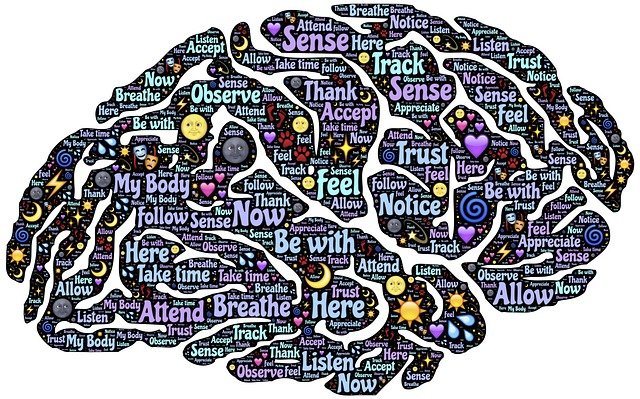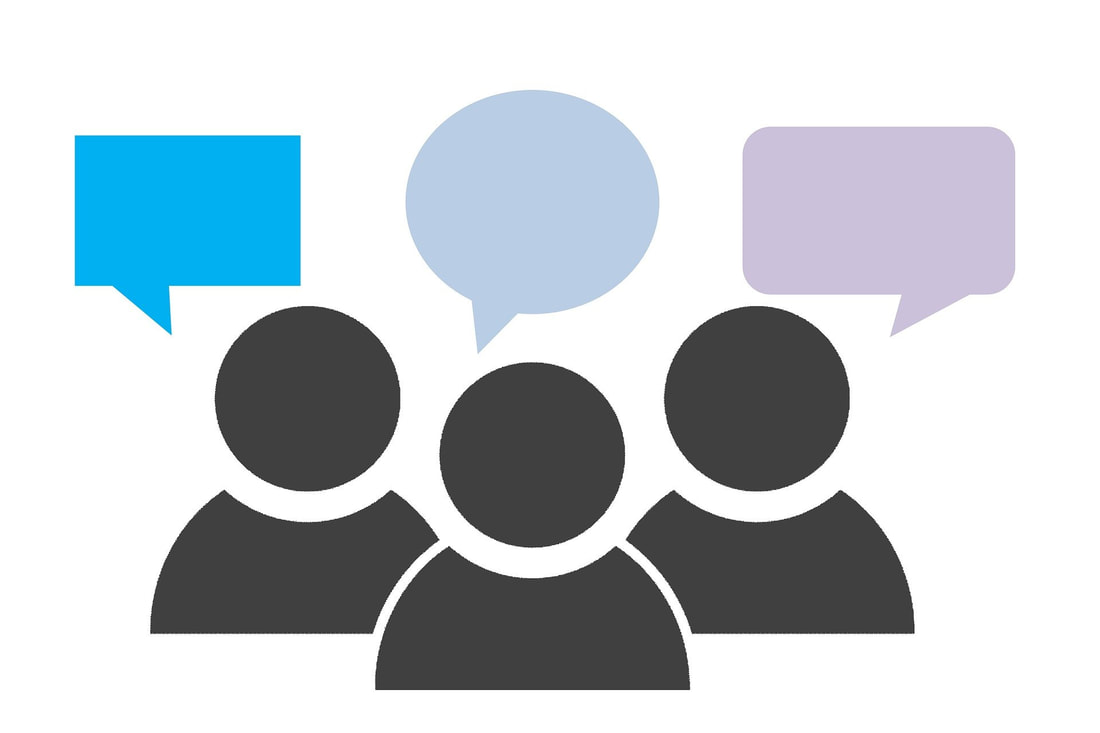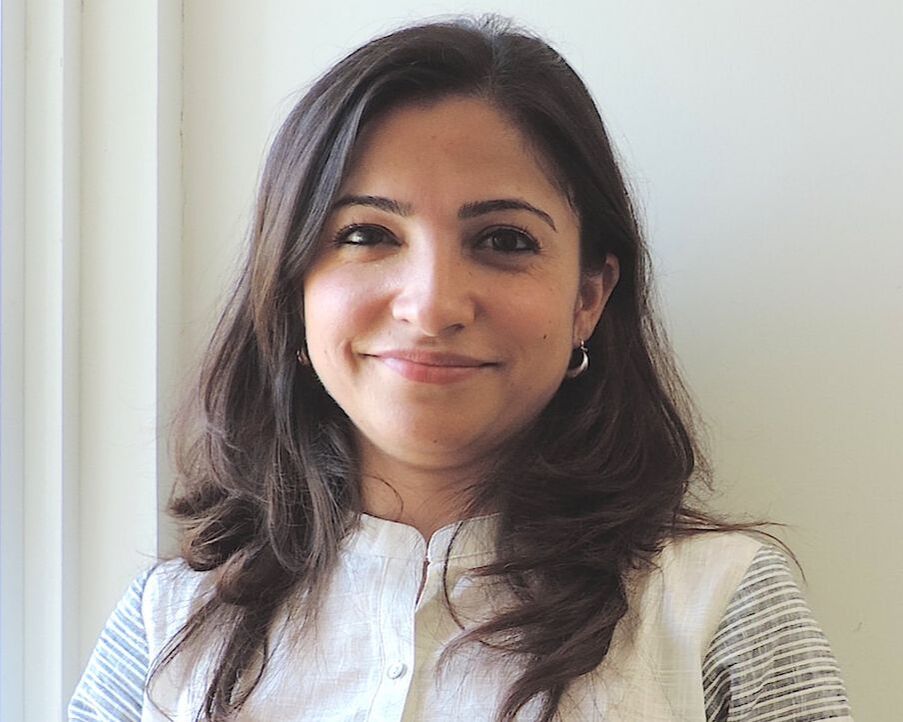PATHWAY TO RECOVERY
Online Group Therapy to overcome using alcohol/drug use
Group therapy is one of the most popular and well researched forms of psychotherapy and counselling for substance use issues. There are many different types of groups- the ‘Pathways to Recovery’ group integrates Motivational Enhancement and Cognitive Behavioural Therapy in its clinical model. Both these approaches have a robust evidence base which ensures that participants receive quality clinical care.
Benefits
|
The following themes will be addressed over 17 sessions :
|
|
Participants
|
The group will be most helpful for clients who:
|
Ground Rules for participation
- Members must be above 18 years of age.
- Members must commit to doing the assigned skills homework every week. This provides an opportunity to practice the skills learned in skill in everyday life.
- Members will be considered to be out of the skills training group if they miss 4 sessions in a row. If one would like to rejoin the group after missing a large portion of the content in this way, one might need to wait for the beginning of the next group cycle. A member will be allowed back into the group after a discussion in this regard with the facilitating therapist.
- Members must join a session on time and must not leave before the session is over.
- They must contact and inform the group facilitator if they are late or intend to be absent from a session. If they do not inform the facilitator, they and the rest of the group may worry about them and this could affect the way the group runs.
- Group members support each other. Members who cannot control open hostility and aggression toward others are not permitted in group sessions.
- To enable the group to achieve its objectives, it is important that we create a sense of safety and confidentiality for everyone. Member must not share the names of other members, their issues or what has been discussed by them with others who are not part of the skills training group.
- Group members do not form confidential or sexual relationships with one another. If someone is involved in a sexual relationship with another group member or they collaborate in risky/ criminal behaviours or drug use, then both group members will be asked to leave the group. Also, If there is an existing partnership or intimate relationship, bringing that relationship into the group risks setting up an “us/them” dynamic that is disruptive to the safety of the group, and therefore only one member from such a partnership would be permitted to join the group.
- The group facilitator is also bound by professional ethics and cannot become friends with any of the group members.
- Members must not use alcohol or drugs prior to coming to the sessions because one is not likely benefit much from the discussion in the state and may also be disruptive to the rest of the group. If a member attends a session under the influence of a substance, they will be asked to leave the session.
FAQs
1. How will the sessions be structured?
Each session will be of 90 minutes duration.
The sequence of activities will be as follows:
The sequence of activities will be as follows:
- Opening ritual/ check- in
- Review of homework from previous week
- Discussion of new skill
- Homework for following week
2. When & how often will the group meet?
The group will meet once a week; every Saturday from 6:00 to 7:30 pm.
3. Do I have to attend all the sessions?
Yes; to receive the maximum benefit from group therapy, it is important to attend all sessions.
However, in case of an emergency, one may excuse oneself from a session with prior information to the facilitating therapist.
However, in case of an emergency, one may excuse oneself from a session with prior information to the facilitating therapist.
4. What is the session fee?
The fee is Rs. 800/- per participant, per session, inclusive of worksheets & handouts.
This is to be paid before each session. We accept credit cards, online transfers & cash payments
This is to be paid before each session. We accept credit cards, online transfers & cash payments
5. What will be the group size ?
There will be a minimum of 4 registered participants required to run the group and a maximum of 10.
6. Can I join the group at any time ?
We do realise that in the real world, individuals will become aware of the need to overcome their substance use at various stages/ times in their lives. The group facilitator will help the new members integrate with the ongoing group.
7. When does this group start?
The group will have its first session on Saturday, 20.1.2021.
8. Do I need to sign up for this in advance? If so, what is the process for registering?
Yes, prior registration and consent is required to participate in the group.
You can register by writing in to us at [email protected] or [email protected] or calling Antarman at #7028784807.
You will then be sent a consent and registration form to register for the group. Once you have read it, clarified any doubts that you may have and emailed it back to us, you will be onboarded as a participant.
You can register by writing in to us at [email protected] or [email protected] or calling Antarman at #7028784807.
You will then be sent a consent and registration form to register for the group. Once you have read it, clarified any doubts that you may have and emailed it back to us, you will be onboarded as a participant.
Facilitator :
|
Dr. Borah is a Licensed Clinical Psychologist registered with the Rehabilitation Council of India and a Certified Arts- Based Therapist. She is also an empanelled subject expert with the Council and Affiliate Member of the American Psychological Association’s Division 12-Society of Clinical Psychology, USA.
She has been working with individuals seeking to enhance their emotional health & psychological well-being for well over a decade. She has extensive training and specialised skills in psychological assessments, individual therapy, group therapy & arts- based modalities and has integrated these approaches in her work for several years. Psychotherapy and relapse prevention for dependence on nicotine, alcohol and drugs is one of her core areas of specialisation. In addition, Dr. Borah also has a sound background in the diagnosis and treatment of other psycho-emotional issues ranging from the mild to severe. She has worked with individuals and groups in residential as well as outpatient settings in the past and has been published in the areas of Addiction, Schizophrenia and Psycho-Oncology. |





